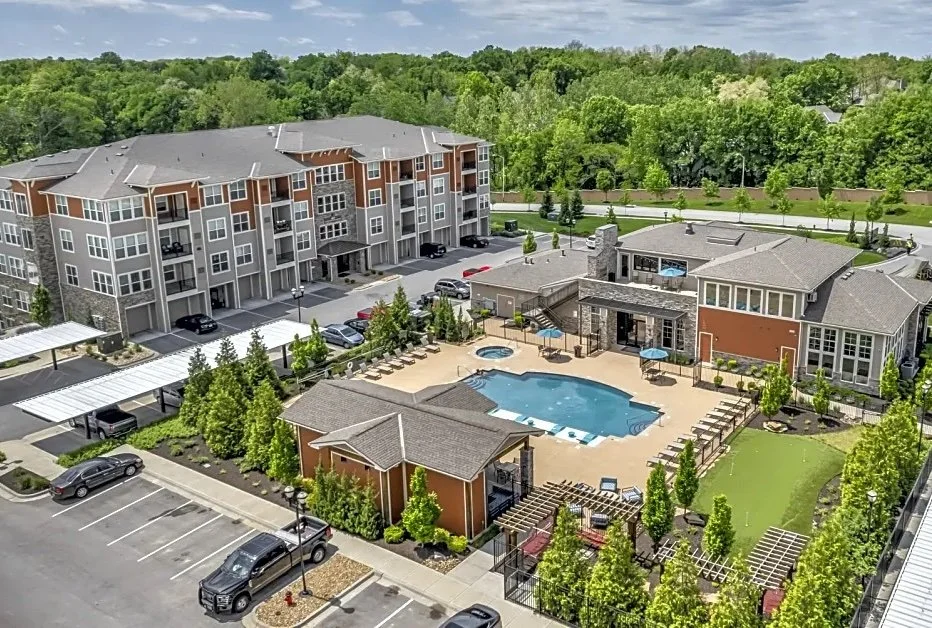Kansas City’s largest event space, the Kansas City Convention Center, has achieved accreditation from the Global Biorisk Advisory Council (GBAC) STAR™ program for its cleaning, disinfection and infectious disease prevention practices.
The City of Kansas City worked with Visit KC to earn this designation, which is recognized by industry leaders as the gold standard for prepared facilities. The GBAC STAR program verifies that the Kansas City Convention Center has implemented best practices to prepare for, respond to and recover from outbreaks and pandemics such as COVID-19.
“The GBAC STAR accreditation empowers facility owners and managers to assure workers, customers and key stakeholders that they have proven systems in place to maintain clean and healthy environments,” said GBAC executive director Patricia Olinger.
“By taking this important step to pursue its accreditation, the Kansas City Convention Center has received third-party validation that it follows strict protocols for biorisk situations, thereby demonstrating its preparedness and commitment to operating safely.”
The result of a rigorous, 90-day application and review process, the accreditation was praised on Thursday by Kansas City Mayor Quinton Lucas.
“I applaud the Kansas City Convention Center for reaching the prestigious Global Biorisk Advisory Council STAR status,” said Mayor Lucas.
“Kansas City takes seriously our responsibility to keep our residents and visitors alike healthy and safe, and this is yet another example of that commitment. Thank you to the Convention Center and Visit KC for their work to achieve this status.”
To achieve GBAC STAR accreditation, the Kansas City Convention Center was required to demonstrate compliance with the program’s 20 core elements, which range from standard operating procedures and risk assessment strategies to personal protective equipment and emergency preparedness and response measures.
“Our staff is dedicated to keeping our facilities clean and safe, and we are gratified by this recognition of our work and our commitment to our customers,” said Oscar McGaskey, director of the Kansas City Convention Center. “Our staff will keep it up with continuous training.”
The KC Convention Center is the third facility in the region to achieve this distinction, following the Overland Park Convention Center and Arrowhead Stadium.
“Meetings and conventions are significant economic drivers for our destination, and this third-party endorsement reinforces our City’s dedication to resuming that important business responsibly,” said Visit KC president & CEO Jason Fulvi.
“I applaud and thank our partners at the KC Convention Center, as well as Mayor Lucas, the City Council and the KCMO health director for working with Visit KC to implement safety procedures throughout our community, all of which will help position Kansas City to welcome visitors and attendees back safely and effectively when the time is right,” Fulvi said.
To learn more about the GBAC STAR program or view a list of accredited facilities, visit www.gbac.org. For information about the KC Clean Commitment and other ways Kansas City is responding to COVID-19 as a convention industry, go to VisitKC.com/SafeMeetings.






